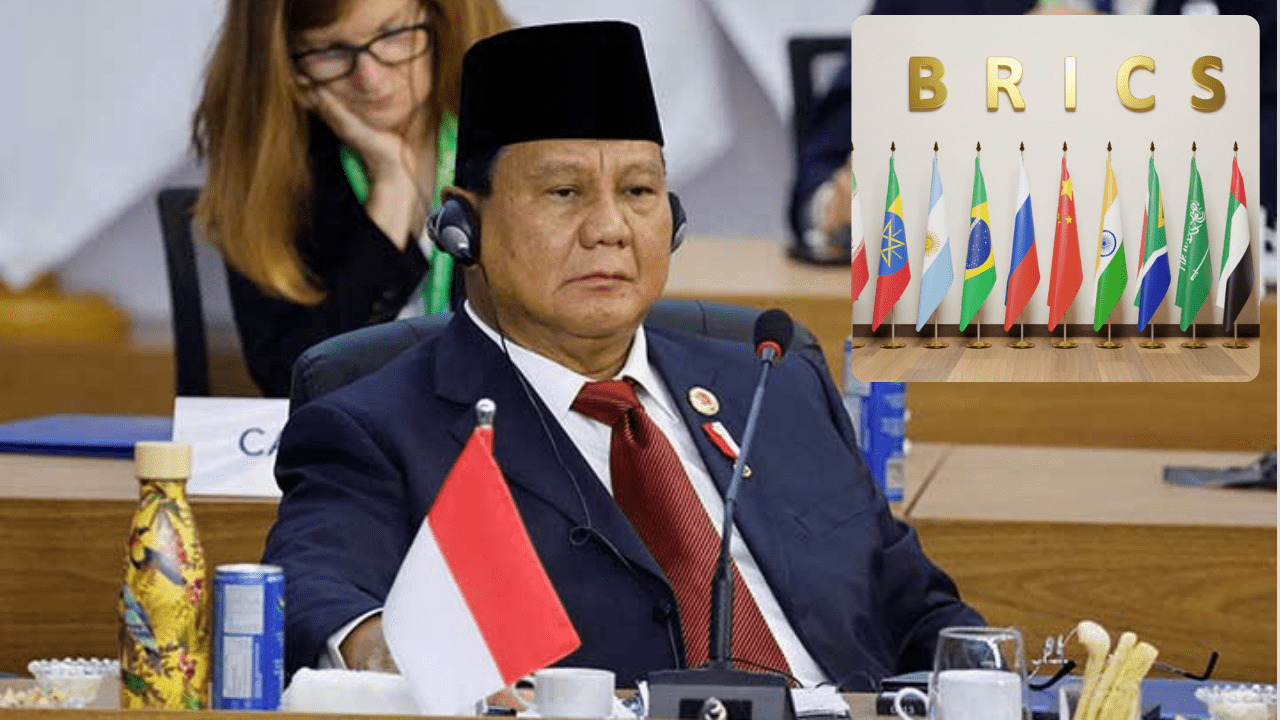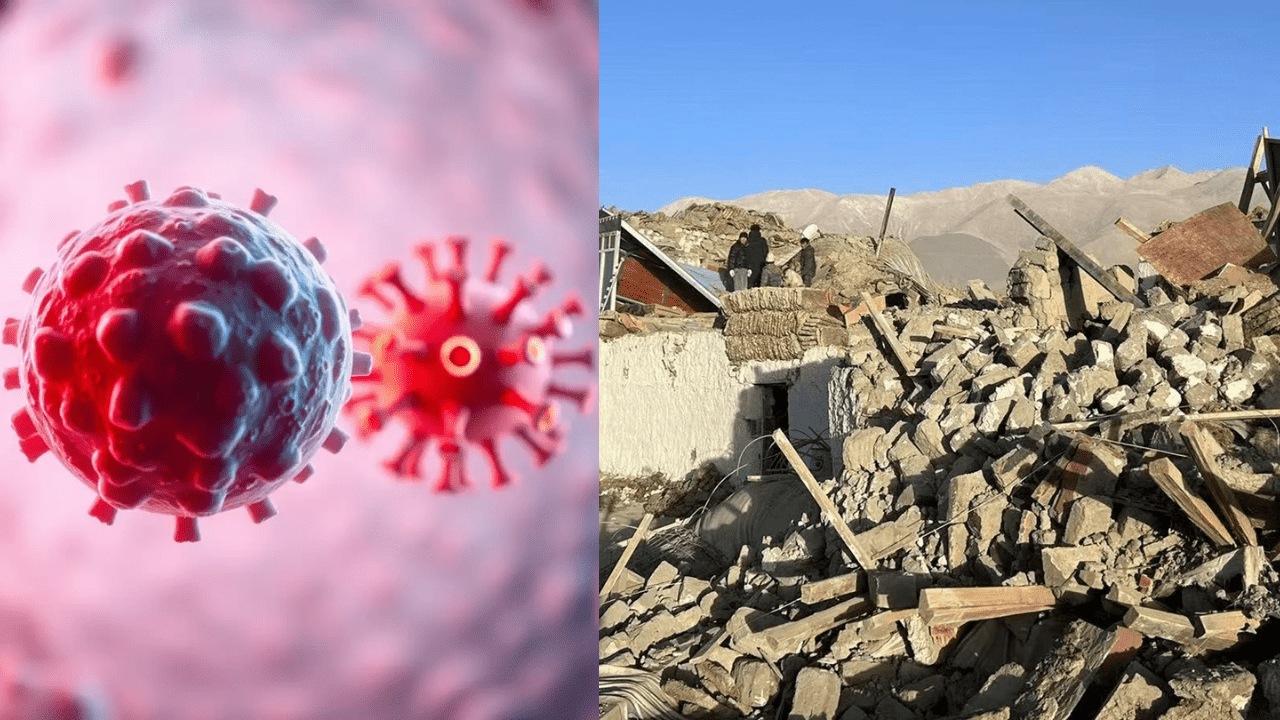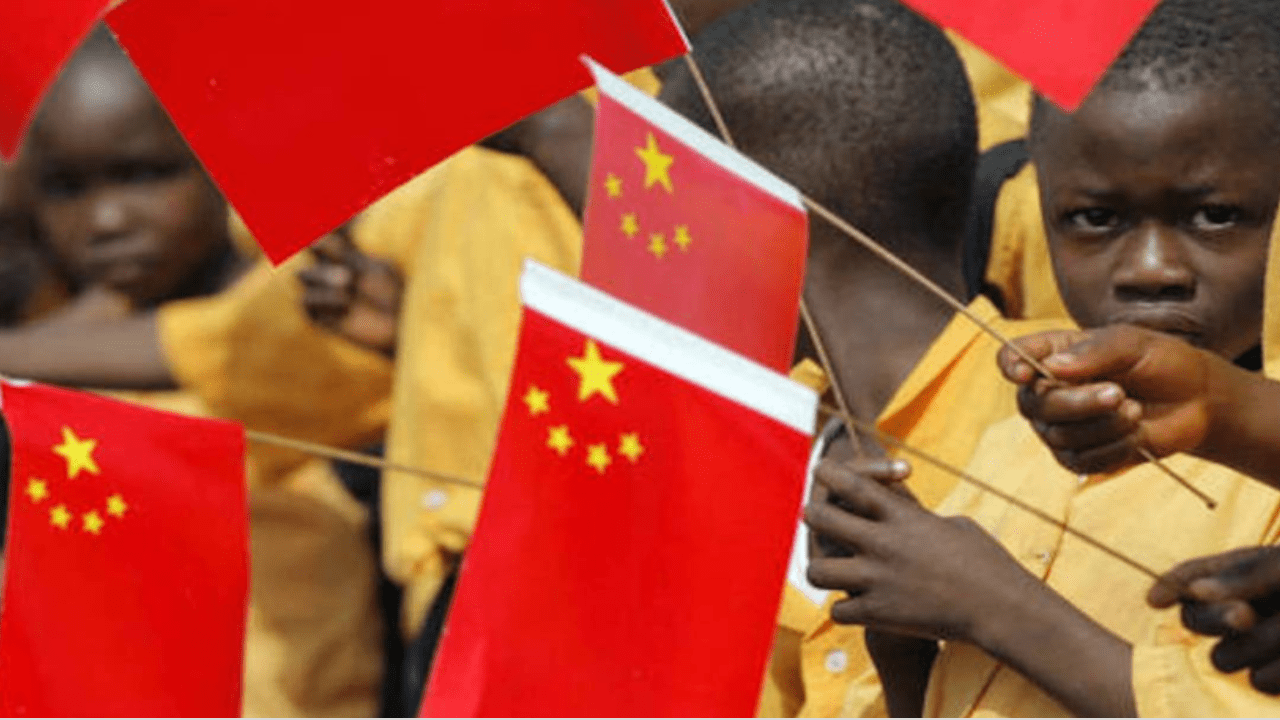Explore this week’s global news highlights, including the first bird flu death in the US, Indonesia joining Brics, devastating earthquakes in Tibet, rising HMPV cases in India, and China’s diplomatic outreach to Africa.

The world continues to grapple with pressing health crises, devastating natural disasters, and significant geopolitical changes. This week’s global news has been marked by a tragic bird flu fatality in the United States, catastrophic earthquakes in Tibet, and Indonesia’s significant inclusion into the Brics bloc of developing nations. Each of these events has far-reaching implications, shaping the political, environmental, and social landscape. Let’s dive deeper into these developments and understand their impact.
1. The First Bird Flu Death in the US: A Warning Sign
In a grim milestone, the United States has reported its first human fatality from avian influenza (bird flu). Health officials confirmed that the victim, an elderly individual above the age of 65, had underlying medical conditions and had been in direct contact with infected and deceased birds in their backyard flock.
Understanding Bird Flu:
Bird flu, caused by avian influenza viruses, primarily affects birds but can occasionally infect humans, especially those in close contact with sick poultry. The virus’s ability to mutate has raised concerns about its potential to trigger pandemics.
What Happened in Louisiana:
The death in Louisiana has drawn attention to the zoonotic risks associated with bird flu. Health experts noted that the virus did not appear to have spread to others, but they continue to monitor the situation.
The Global Perspective:
The World Health Organization (WHO) has been advocating for increased vigilance globally, particularly in regions with dense poultry farming. This incident serves as a reminder of the importance of biosecurity measures and timely reporting of unusual illnesses in animals or humans.
Preventive Measures:
The CDC recommends the following for individuals handling birds:
- Wear protective gear, including gloves and masks.
- Wash hands thoroughly after handling birds.
- Avoid contact with sick or dead birds unless absolutely necessary.
2. US Eases Restrictions on Syria for Humanitarian Aid
In a notable policy move, the United States Treasury Department issued a six-month general license to facilitate specific transactions with Syria. This decision aims to streamline humanitarian assistance while keeping sanctions against the Syrian regime intact.
Why This Is Important:
Syria has been mired in conflict for over a decade, resulting in one of the world’s worst humanitarian crises. Millions of people rely on aid for basic survival, and stringent sanctions often hinder the flow of resources.
What the License Covers:
The temporary license allows:
- Limited energy transactions essential for aid delivery.
- Incidental transactions needed to sustain humanitarian operations.
Balancing Act:
The US government is attempting to balance its political stance against the Syrian government with the urgent need to address the plight of its citizens. By relaxing restrictions temporarily, the US hopes to alleviate suffering without undermining its broader strategic goals.
Implications for the Region:
This move may pave the way for other nations to adopt similar measures, contributing to a more coordinated international effort in addressing Syria’s challenges.

3. Indonesia Joins Brics: A Game-Changer for Global Alliance
In a significant geopolitical shift, Indonesia has been welcomed into the Brics bloc, which includes Brazil, Russia, India, China, and South Africa. Indonesia’s entry marks a new chapter in the bloc’s efforts to amplify the voice of developing nations on the global stage.
Why Indonesia Matters:
As Southeast Asia’s largest economy, Indonesia brings immense value to Brics. It boasts:
- A GDP of over $1 trillion.
- Strategic geographic positioning.
- Strong diplomatic ties with both Western and Eastern powers.
What This Means for Brics:
The inclusion of Indonesia reflects Brics’ ambition to expand its influence and challenge Western-dominated financial systems. The bloc is exploring initiatives such as:
- Strengthening trade within member countries.
- Developing an alternative currency to reduce dependence on the US dollar.
The Road Ahead:
Indonesia’s membership could lead to increased cooperation in areas like climate change, sustainable development, and infrastructure. This move underscores the growing importance of South-South cooperation in shaping the future of global governance.

4. Human Metapneumovirus Cases Surge in India
India is witnessing a rise in cases of Human Metapneumovirus (HMPV), a respiratory illness that primarily affects children. Seven cases have been reported across major cities, including Bengaluru, Nagpur, Tamil Nadu, and Ahmedabad.
What Is HMPV?
HMPV is a virus that causes respiratory infections ranging from mild cold-like symptoms to severe complications such as bronchiolitis and pneumonia. It is particularly dangerous for:
- Children under five years of age.
- Elderly individuals.
- People with weakened immune systems.
Current Scenario in India:
The increase in cases comes amid a surge in respiratory illnesses in Asia. While symptoms of HMPV overlap with common colds, severe cases require hospitalization.
Steps Being Taken: Health authorities in India are the following-
- Monitoring cases closely to prevent outbreaks.
- Educating parents and caregivers about early symptoms, such as coughing, fever, and breathing difficulties.
- Public health experts emphasize the need for preventive measures, including:
Hand hygiene.
Avoiding crowded places during outbreaks.
Seeking medical care promptly for respiratory symptoms.
5. Earthquakes in Tibet: A Humanitarian Crisis
The Himalayan region of Tibet was struck by multiple earthquakes this week, with the strongest measuring 6.8 on the Richter scale. The epicenter was near Xigaze city, and the tremors were felt in neighboring countries, including Nepal, Bhutan, and parts of India.
Impact on Lives and Infrastructure:
At least 53 people lost their lives, and over 60 were injured.
Several buildings and roads were damaged, disrupting daily life and rescue operations.
Rescue Efforts:
Local authorities, supported by international aid organizations, are racing against time to provide relief to affected communities. Temporary shelters, food, and medical assistance are being prioritized.
Long-Term Concerns
The earthquakes serve as a stark reminder of the region’s vulnerability to seismic activity. Experts are calling for:
- Better urban planning to withstand earthquakes.
- Strengthened emergency response systems.
- Community education on disaster preparedness.

6. China’s Diplomatic Outreach to Africa
China continues to solidify its presence in Africa, with its top diplomat embarking on a high-profile tour across the continent. This move comes as Western nations appear to be diverting their focus elsewhere, giving Beijing an opportunity to deepen ties with African nations.
Why Africa Matters to China:
Africa is a treasure trove of resources and opportunities, making it a critical partner in China’s Belt and Road Initiative. Key areas of cooperation include:
- Infrastructure development.
- Trade and investment.
- Technology and education.
China vs. The West:
While Western nations have traditionally engaged with Africa through aid and conditional loans, China’s approach focuses on infrastructure projects and trade. This has won favor among many African leaders, though concerns about debt dependency persist.
The Broader Implication:
China’s strategic focus on Africa highlights its long-term vision of becoming a dominant global power. By investing in Africa’s development, Beijing aims to secure a strong ally in the global south.
Final Thoughts
This week’s global news highlights reflect a complex interplay of health crises, natural disasters, and shifting geopolitical dynamics. From the first bird flu fatality in the US to the devastation caused by earthquakes in Tibet, these events underscore the fragility of human life and the urgent need for global cooperation.
On the international stage, developments such as Indonesia’s inclusion in Brics and China’s increasing focus on Africa signify a world in transition, where emerging powers are reshaping the global order.
As these stories unfold, they remind us of our shared responsibility to address challenges and seize opportunities for a more equitable and sustainable future. Staying informed is not just a necessity—it is a duty in today’s interconnected world.
Read More

The Psychology of Love: Why Valentines Day Matters More Epic Than You Think
Discover the psychology of love and why Valentines Day is more important than you think. Learn how love impacts the brain, strengthens relationships, and boosts

Premier League Highlights: Arsenal Humiliate Man City 5-1, Spurs and Palace Secure Crucial Wins
Arsenal demolished Manchester City 5-1 in a statement premier league highlights win, reigniting their title hopes. Meanwhile, Crystal Palace stunned Man United 2-0, and Tottenham

How Budget 2025 Impacts the Indian Middle-Class: Major Tax Benefits and Glaring Omissions
Budget 2025 offers major tax relief to the middle class, including zero tax on incomes up to ₹12 lakh. However, it misses out on incentives

Degrees vs Employability: Why “Highly Qualified Degree Holders” Struggle to Find Jobs While “Less Qualified Individuals” Get Hired Faster!
Many highly qualified individuals struggle to secure jobs, while less qualified candidates get hired quickly. This Degrees vs Employability paradox is caused by employer preferences,

The Power of Mindset: Why Looking Poor Doesn’t Make You Poor, but Thinking Poor Does!
Discover why looking poor doesn’t define your wealth but thinking poor does. Learn the power of mindset and how a growth-oriented mindset can lead to

Overthinking: How It’s Damaging Today’s Youth – Causes and Cure in 2025
Understanding how overthinking is silently damaging today’s youth, from its causes rooted in societal pressure and social media to its long-term effects on mental health.
